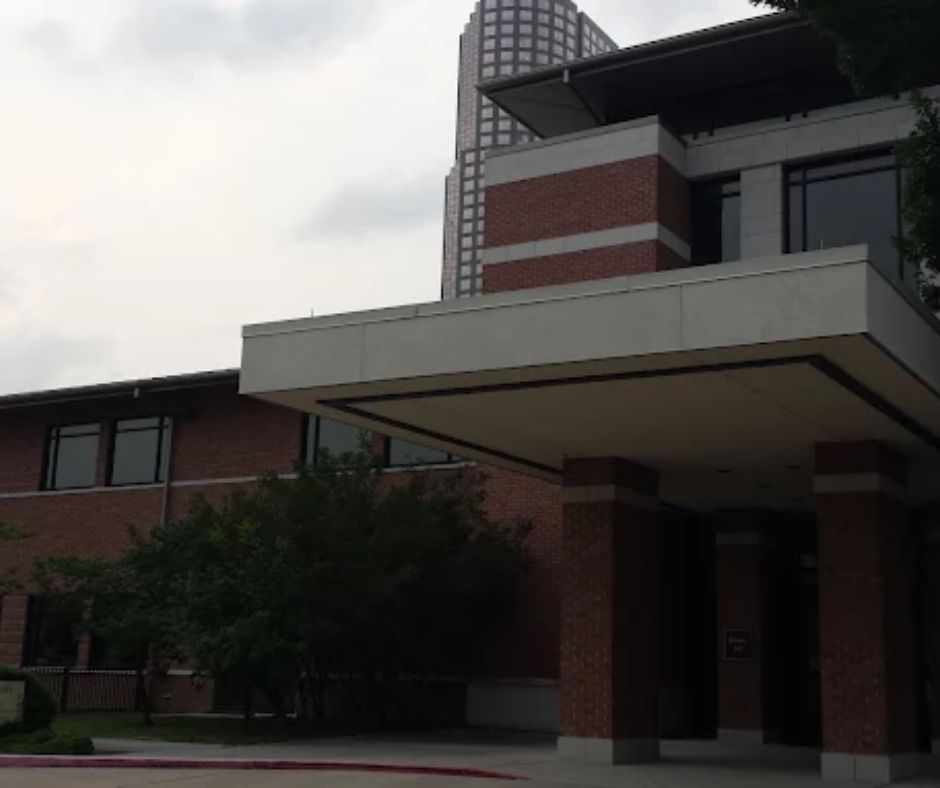Belonging. It’s one of those words that gets tossed around a lot, isn’t it? Schools talk about it. Workplaces promise it. Churches plaster it on banners. But if you’ve ever walked into a room and felt like the outsider—you know the difference between saying it and living it. That’s why I think so many people are drawn to unitarian universalist communities. They don’t just talk about belonging. They practice it, even if it’s sometimes messy.
And let’s be real: real belonging is messy.
Not Just “Tolerated”
I’ve always hated that word—tolerated. It makes me think of being the kid at the lunch table nobody really wanted there, but they didn’t tell you to leave either. You’re not embraced, you’re just… tolerated.
The whole unitarian universalist approach flips that idea on its head. It’s not “you can stay if you don’t make waves.” It’s more like, “You matter. Your story matters. Even if we don’t agree, even if we come at life from opposite angles, there’s space here for you.”
Sounds simple, right? But in practice, it’s radical.

Sunday Feels Different Here
You ever walk into a church service and know exactly what’s coming? Same words, same hymns, same rhythm. Comforting, sure. But predictable.
A Unitarian Universalist Church service doesn’t feel like that. You might hear a reading from the Bible, then a Buddhist chant, then a poem about the moon. Some weeks you’ll nod along, other weeks you’ll scratch your head. And that’s fine. The point isn’t to convince you of anything. It’s to spark reflection, to leave you chewing on an idea instead of swallowing something whole.
It’s a bit like a potluck: everyone brings something, not everything’s to your taste, but there’s always something nourishing on the table.
Belonging Between Sundays
If belonging only happens for an hour on Sunday, it’s not much use, is it? The thing I hear again and again from folks in these communities is how people show up outside of the service. Someone’s sick? Meals appear. A family loses a loved one? There are shoulders to lean on. And when the world feels heavy—and lately, when doesn’t it?—there’s a circle of people to share that weight.
Not perfect. Never perfect. But real.
Justice and Belonging
Here’s something I didn’t expect: belonging here isn’t just about the people in the room. It’s also about the people outside of it.
When a congregation marches for climate action or rallies for racial justice, they’re saying something important: you belong, too. Even if you’re not in the pews, even if you’ve never set foot in the building. It’s a widening circle. That’s what makes it feel less like lip service and more like—well, faith in action.
The Wild Mix of People
I once sat in a UU coffee hour with a self-described Christian, an atheist, a pagan, and a guy who just shrugged and said, “I don’t know what I am.” And here’s the funny part: it wasn’t awkward. Nobody tried to one-up the others. Nobody rolled their eyes. People just… talked.
That doesn’t mean everyone agrees on everything. Far from it. But there’s this underlying agreement: we don’t have to. We’re here to share the journey, not to force everyone onto the same track.
Honestly, I wish more spaces worked like that.
My First Encounter
Quick personal story. The first time I stepped into a UU service, I was braced for disappointment. I thought it’d feel too vague, too “kumbaya.” Instead, someone smiled, handed me coffee, and actually listened when I said I wasn’t sure what I believed.
The service itself? A mix of music, silence, and a talk about compassion in daily life. Nothing fancy, but it hit harder than I expected. And nobody followed up with “so, do you accept X or Y belief?” That silence—the absence of pressure—felt like belonging in itself.

Why This Matters Now
Maybe you’ve noticed: people are lonely. Lonelier than ever. Technology connects us but doesn’t always connect us. Traditional institutions don’t feel like home for a lot of folks anymore.
That’s where these communities come in. The Unitarian Universalist Church offers something that’s both old and new: ritual without rigidity, values without dogma, community without conditions. It’s not about “believe this or get out.” It’s “come as you are. Really.”
Imperfect, Yes—But Genuine
Are these congregations flawless? Of course not. Meetings drag on. People disagree. Sometimes the mix of ideas can feel confusing. But that imperfection—that’s what makes it human.
Belonging isn’t about smooth edges. It’s about knowing you don’t have to perform, that your rough edges are welcome, too.
Final Word
At the end of the day, the Unitarian Universalist spirituality is not trying to wrap everything in a clean bow. Trying to say this: You are enough to bring your doubts, bring your faith, bring your questions.
There is a place for this. And maybe the kind of way we are missing, it is missing-not polishing, not of picture-type, but the way it makes a place for the whole dirty truth of being human.



